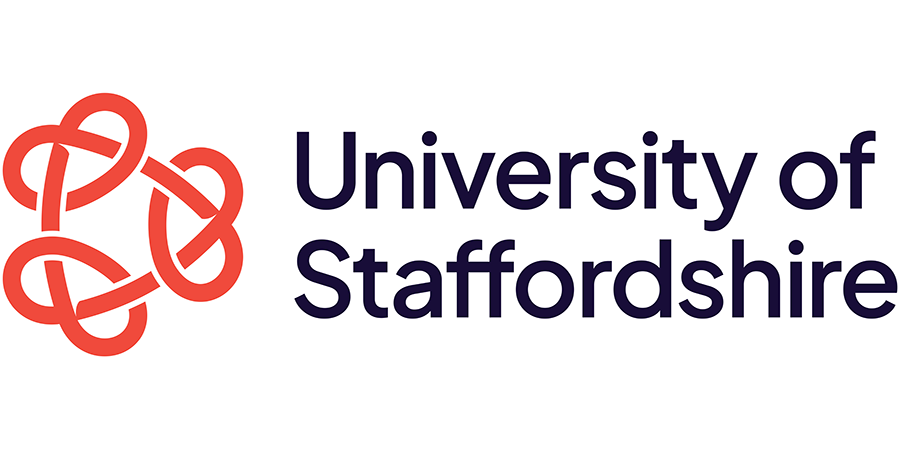Rama Yade, the French secretary of sport, is the patron of Equipe France, and has put her money where her mouth is with a generous grant that allows the more than 400 French athletes present in Cologne to wear with pride the colors of France, and the FSGL's message: "against all forms of discrimination, let's play sport together".
Here is Madame Yade's message to the members of Equipe France:
I share a fundamental conviction with the organizers of the Gay Games, and those who participate in them: the belief that sport has virtues of exemplarity, and that it can change the way others look at us, and the way we look at ourselves. Whether individual or team sports, recreational or competitive, sport should and must be at its core a school for respect for oneself and for others. Sport is a moral value, and more than perhaps any other human activity, levels the playing field.
In this respect, an event of this size, which welcomes athletes of all sexual orientations, plays an important role in demonstrating that gays, lesbians, bisexuals and transsexuals are also great athletes, who can, at the Gay Games, express their personality more freely than in the traditional sporting world.
But these Gay Games, of course, also carry a symbolic impact. Let's not be mistaken: they are not there to organize an insularity, a defensive retreat from the world. Their goal is to publicly affirm the existence, the visibility, and the pride of a minority that remains the victim of great discrimination throughout the world. Sport is a mirror of society: let us break the stereotypes we find there.
The Gay Games are not the be all and end all of the fight against homophobia: their existence is merely the proof that discrimination persists. The end of the need for Gay Games would mean that discrimination based on sexual orientation has been eradicated. But the Gay Games remain today a means to change opinions and support those who suffer the consequences of prejudice on a daily basis.
This is why I'm proud today that the Ministry of Sport has made a commitment to encourage the French delegation to the Cologne Gay Games by means of financial and moral support for the Fédération sportive gaie et lesbienne which leads it.
Good luck in Cologne!
-- Rama Yade, secretary of state for sport
Here is Madame Yade's message to the members of Equipe France:
I share a fundamental conviction with the organizers of the Gay Games, and those who participate in them: the belief that sport has virtues of exemplarity, and that it can change the way others look at us, and the way we look at ourselves. Whether individual or team sports, recreational or competitive, sport should and must be at its core a school for respect for oneself and for others. Sport is a moral value, and more than perhaps any other human activity, levels the playing field.
In this respect, an event of this size, which welcomes athletes of all sexual orientations, plays an important role in demonstrating that gays, lesbians, bisexuals and transsexuals are also great athletes, who can, at the Gay Games, express their personality more freely than in the traditional sporting world.
But these Gay Games, of course, also carry a symbolic impact. Let's not be mistaken: they are not there to organize an insularity, a defensive retreat from the world. Their goal is to publicly affirm the existence, the visibility, and the pride of a minority that remains the victim of great discrimination throughout the world. Sport is a mirror of society: let us break the stereotypes we find there.
The Gay Games are not the be all and end all of the fight against homophobia: their existence is merely the proof that discrimination persists. The end of the need for Gay Games would mean that discrimination based on sexual orientation has been eradicated. But the Gay Games remain today a means to change opinions and support those who suffer the consequences of prejudice on a daily basis.
This is why I'm proud today that the Ministry of Sport has made a commitment to encourage the French delegation to the Cologne Gay Games by means of financial and moral support for the Fédération sportive gaie et lesbienne which leads it.
Good luck in Cologne!
-- Rama Yade, secretary of state for sport













































